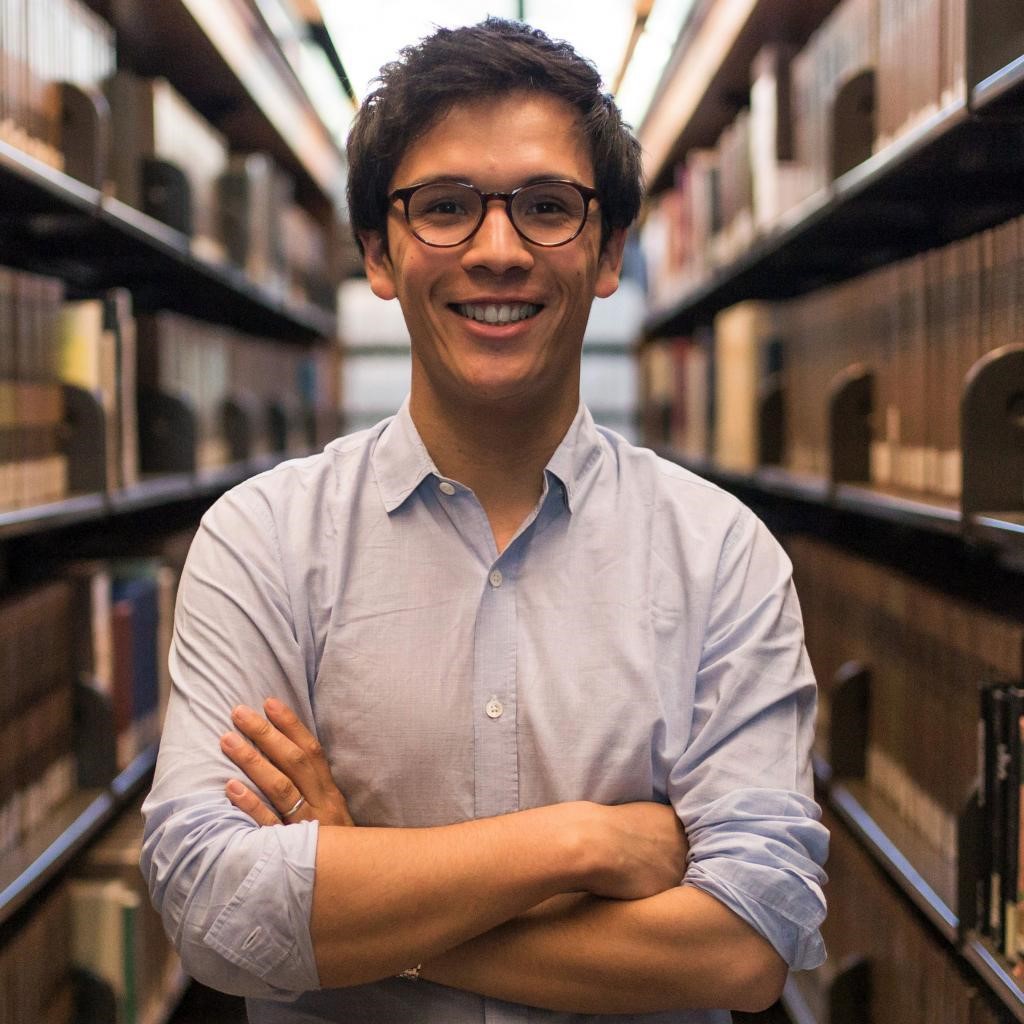
A summer internship in the French Parliament’s Finance Commission convinced greater Paris region native Sébastien Annan-Phan to pursue a career in environmental economics. “I learned two things,” Annan-Phan says of his time working on budget legislation related to fuel tax exemptions and environmental taxation. “First, that it was a fascinating topic and, second, that they had very little expertise on the economics side about how to make important decisions related to the environment and climate change.”
The intersection between energy markets and climate change seemed particularly interesting to Annan-Phan. Today, he is pursuing a Ph.D. in Agricultural and Resource Economics at the University of California, Berkeley, studying European strategies to mitigate climate impacts. But he wasn’t always sure pursuing research would be a good fit long-term. “In France, it’s really you alone in your office working on important projects,” he says. A two-year fellowship with the Climate Impact Lab changed that perspective.
After earning his Master’s degree in energy and environmental economics at the Université Paris-Dauphine, Annan-Phan had the opportunity to go abroad and study at the University of Chicago. He worked with Harris School of Public Policy’s Steve Cicala, digging into the economics of regulations, then joined the Climate Impact Lab as a pre-doctoral scholar.
At Chicago, Annan-Phan found a “vibrant” research community and peers from different backgrounds and universities around the world. On the Climate Impact Lab team, working at the intersection of the “soft science” of economics and the “hard sciences” of the climate system, he says he learned the importance of being curious about other disciplines.
“For a long time, economics was a science that was not interested in other sciences, but that’s not the case with this approach to climate change. I think that’s what’s exciting: this is a global issue, by definition, and so you cannot solve the problem by yourself,” Annan-Phan says. He points to the Climate Impact Lab’s collaborative approach to writing academic papers, resulting in a lengthy list of co-authors that is not common in economics journals. “I think this is where we need to go if you want everyone to be involved and if you want to tackle a big problem,” he says.
Most valuable to Annan-Phan during his time at the Climate Impact Lab was the contagious passion and motivation of the team. “It seems like something you would say in a commercial, but people were really passionate about their work and it definitely helped. Somehow, they transmit that to you and make you feel like it’s something super important that you are doing, then you get motivated.”
Annan-Phan says he carried this motivation and confidence into his Ph. D. program and continues to study climate change impacts. He’s specifically focused on assessing the economic impact of warming temperatures on electricity markets, and the role of market integration in this context. “On the one hand, energy is one of the biggest producers of emissions. On the other hand, we know that electricity consumption—for instance, air-conditioning in a workplace on a hot day–might help with a lot of damages related to climate change,” he says.
His advice to younger researchers? “Research is very competitive, but it doesn’t always have to be a competition,” he says. At the Climate Impact Lab, the close proximity between the Ph.D. students and post-doctoral scholars, and the opportunities to interact with senior researchers provided him with the tools and training to tackle complicated questions as well as an important source of support, he says, “because research can be lonely and it doesn’t have to be.”



